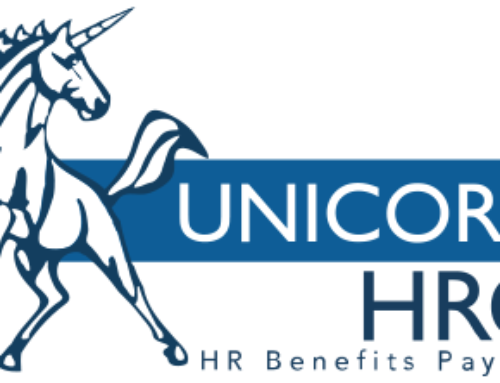Every employer and HR department should know that, in order to effectively manage your employees, it is important to recognize or reward them when they’ve performed well in working towards the company’s goals, and have proven to work well with their co-workers to achieve them. It is also important to remember that not only should you reward or recognize your employees for their main accomplishments, but also the little things they do towards creating a productive and successful work environment. Below are ways to reward or recognize your employees for a job well done.
Standardize your plan for recognition and rewards
When setting up a program for recognition and rewards, it’s important to first identify the goals of your company, and how your employees can be recognized or rewarded depending on the part they play in achieving these goals. Once this is done, you may want to consult with HR staff to set a budget for a rewards system, as well as benchmarks for which achievements deserve what rewards or recognition. Such criteria for deciding on these issues can include the length of an employee’s company service, the employee’s performance, the accomplishments of employees, and so forth. These criteria can not only be used to reward an individual employee’s performance, but can also be used to recognize the accomplishments of a team working together to achieve company goals.
Informal and Formal Recognition
Recognition is important, as it celebrates the accomplishments, actions, or attitudes of employees in front of their co-workers. It also improves staff morale and motivates employees to perform their duties to the best of their abilities. Informal recognition can take the form of the employer sending a note of thanks to the employee or personally going to the employee’s workspace to congratulate him or her on their exemplary work. Other ways of informally recognizing the employee might include giving him or her the day off, or rewarding the employee with a premium parking space at the company. Formal recognition might entail making a speech in front of the employee and his or her co-workers, or using the company newsletter to acknowledge an employee’s work. Perhaps one of the highest forms of recognition is to promote the employee, and give responsibilities to the employee that he or she enjoys and where you know that they can excel. Such recognition makes the employee feel that they are an important part of the company, and keeps them motivated.
Compensation and Benefits
It is, of course, very important that you reward your employees’ accomplishments with compensation and benefits. All employees want more money, but it’s important to link any sort of raise in salary with how the employee performs in their job to achieve the goals of the company, so that the employee knows what they should be doing to get a raise. Other forms of rewards can take the form of benefits, such as better health insurance, access to stock options, or a 401K. Long term rewards can take the form of the employee eventually taking ownership of some of the equity of the company after they have proven themselves to be a significant asset to your organization.
Employees need motivation to do their job better, and such motivation is provided in the form of both recognition and rewards from either HR staff, or the employers themselves. Recognition can save employers money if they can’t necessarily afford a raise in salary at that point in time, but it is also imperative that employers have the ability to give their more talented workers tangible rewards in the form of compensation as well as benefits.

